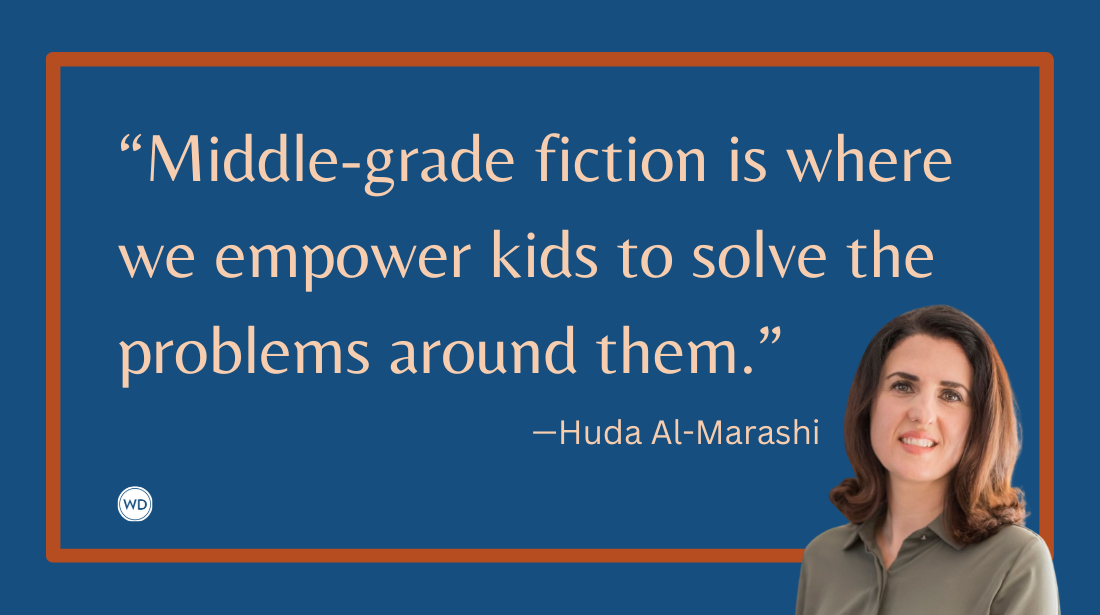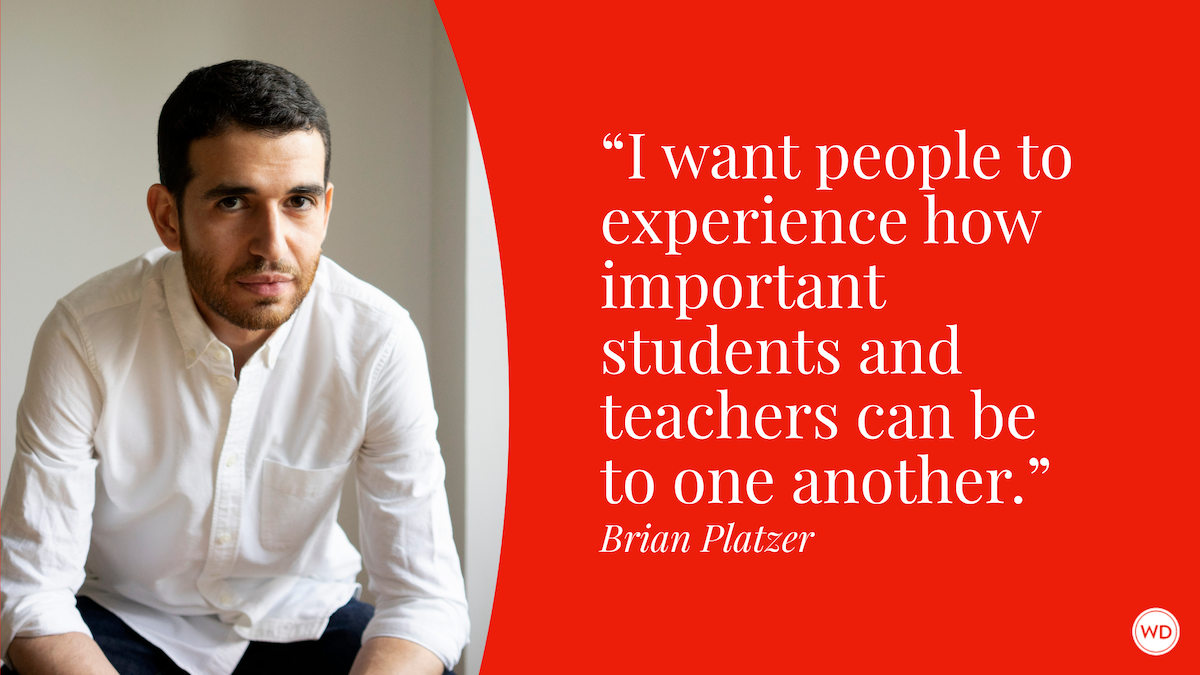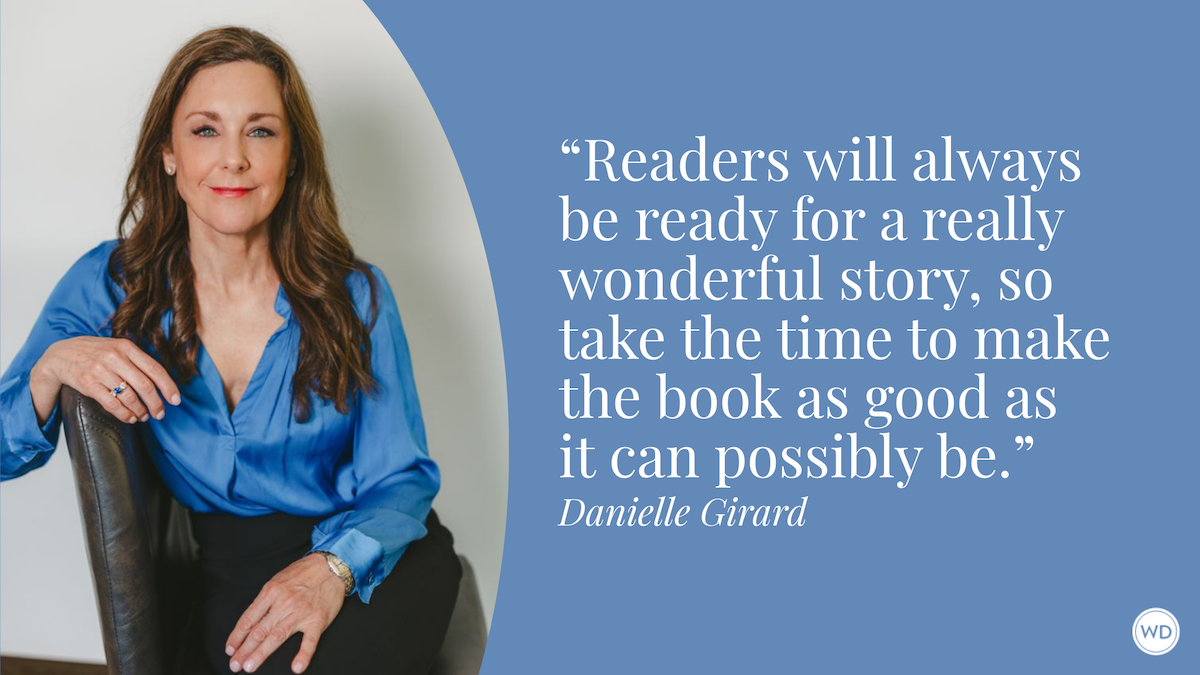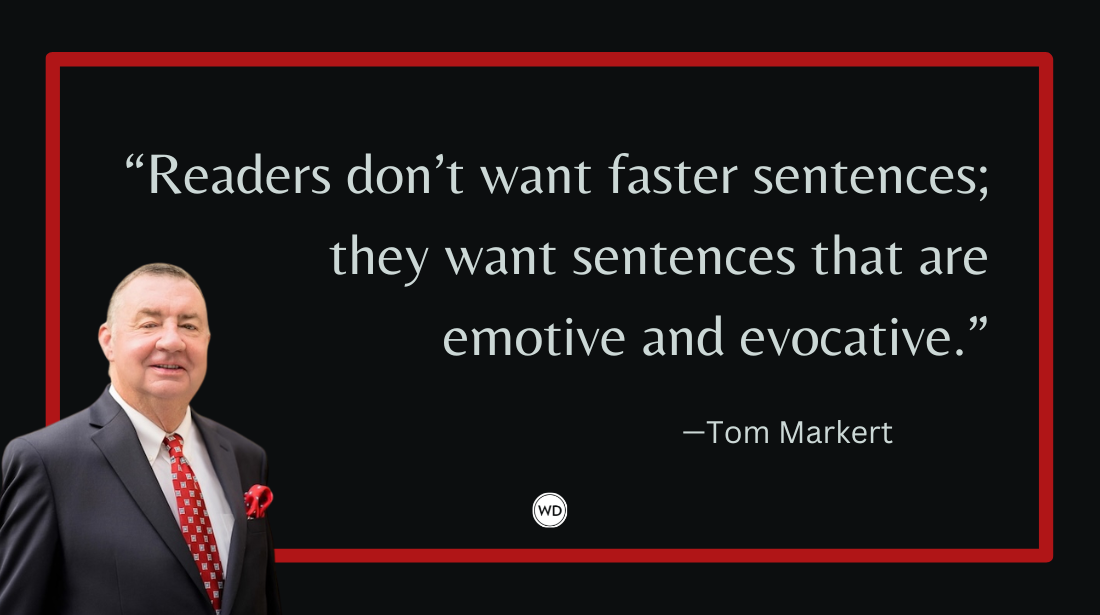Daniel Pinkwater, Alan Mendelsohn, and Why I Write Books for Children
Author and illustrator Jed Alexander discusses Marvel Comics, Daniel Pinkwater, and what inspired him to write books for children.
The kids in the Judy Blume and Beverly Cleary books handed down to me by my brother, the ones that I was meant to read after I’d outgrown Babar the Elephant, came from a different more prosaic universe that was adjacent to, but did not in any way resemble, the life I lived in Pennsylvania, or the one I lived when my mother left my dad and took my brother and I to a mostly farming town in California that wasn’t like anything I’d heard about California.
My dad was a psychology professor at a tiny University in the small town of Shippensburg Pennsylvania. He taught transcendental meditation and creativity and there were drum circles in the basement. One day my dad painted our faces in white grease paint and took me and a half dozen of his students to inflict upon an unsuspecting downtown Shippensburg the unwelcome art of mime. His ideas were too big for our very small town and it didn’t seem to occur to him that this was something he should worry about. It was 1981 and still a little bit 1979, and the intermittent smells of pot smoke and patchouli that permeated my childhood followed me to California, but my dad did not.
So what did Judy Blume’s Super Fudge have anything to do with me?
For the longest time I read mostly Marvel Comics. X-Men was about rejects and weirdos, and Spider-Man suffered the guilt and angst of never being fully understood. I could relate. In Marvel Comics it always seemed like there was a lot more going on than there was. There were hundreds of characters with storylines that were constantly intersecting, so much fog around the edges that you could only piece together just enough to get to the next issue, and half the fun was trying to make sense of it all. How much of Rogue’s memories were her own, and how much of them were Ms. Marvels? Who was the Hobgoblin and what did he have to do with the original Green Goblin? How could Judy Blume compete?
And then in sixth grade I discovered Daniel Pinkwater’s Alan Mendelsohn, The Boy From Mars. At first I was suspicious. I’d read books before that seemed promising from their titles but turned out to be great disappointments. When I read Marvel Comics I never felt as patronized as I did when I read books that were written for kids my age. Until Daniel Pinkwater’s Alan Mendelsohn, The Boy From Mars.
It wasn’t anything like the title suggested. Alan Mendelsohn’s Martianness was not even close to the most interesting thing about him. Leonard Neeble had just moved away from his old neighborhood and extended family to attend a new school, Bat Masterson Junior High, and not even the rejects and weirdos wanted to be friends with him. Except for Alan Mendelsohn, who was confidently and unapologetically himself. He also didn’t take any shit. He kept the popular kids at Bat Masterson constantly on their toes, sometimes, literally. He had special methods of tripping them up, like the missile whistle, a high-pitched whistle that, if aimed at just the right moment, would make any kid fall on their face.
Mendelsohn collected comic books just like I did. Neeble had to go to a psychiatrist because of his poor school performance just like I did. By then I had been sent to more psychiatrists and psychotherapists than I could count, and been tested and tested again for what, no one seemed to able to tell me. Neeble’s psychiatrist seemed just as clueless.
Neeble and Mendelsohn went to Samuel Klugarsh’s Occult bookstore where the shelves were lined with books that sounded a lot like the books my dad had on his shelf, like Harold Platt, New Age Seer of Rochester, and Fred Watanabe—The Devine Inner Self. Klugarsh, who was clearly a con artist, sold Neeble and Mendelsohn the Omega Meter, which was supposed to put them in state 26, a state that would allow them to control minds. And despite the dubiousness of this gadget that was clearly made out of a cheap transistor radio with alligator clips attached that they were supposed to pinch onto their ears, it worked. Sort of. They were able to make random strangers take off their hats and rub their bellies, and that was about it. It was the first of a series of fascinating but somewhat disappointing swindles that did something like, but not quite, what they were supposed to do.
But Alan Mendelsohn, The Boy From Mars wasn’t really about controlling minds or telekinesis or being able to cross over into that other plane known as Waka Waka. Or even Alan Mendelsohn being a Martian. It was more about the voyage than the destination. Which was a good thing, because Pinkwater was not always great at sticking the landing. The ending, and really, large portions of his books, especially The Snarkout Boys and the Avocado of Death, read like he was making it all up as he went along. Which in a way was the ultimate swindle. You weren’t going to get the satisfying conclusion you got in typical books for kids my age, where every loose end is tied up and our heroes prevail. And if you didn’t get why that didn’t matter, well, you didn’t get Daniel Pinkwater. His books had more in common with Thomas Pynchon than Judy Bloom.
Pinkwater’s books existed in a world that was absurd, unpredictable, and unmoored. At the time, my best friend Ethan, who had recommended Pinkwater’s books in the first place, had just gone to live with his father at a Southern California cult called Rajneesh Puram led by an Indian guru.
My mother took occasional weekend trips to a hippy commune in Big Sur where she took workshops on things like primal screaming and “authentic movement.” And my dad was, well, my dad.
And so Pinkwater’s books: Alan Mendelsohn, The Boy From Mars, The Snarkout Boys and the Avacado of Death, The Great Guru, The Hoboken Chicken Emergency, Lizard Music, and so many others, all kind of made sense to me in a familiar sort of way. Because my world was just as absurd, unpredictable, and unmoored. And Pinkwater wrote about kids who seemed to be able to navigate that world, and maybe not quite make sense of it, but they knew how to appreciate the scenery along the way.
And now that I’m writing my own books for kids, I wouldn’t even begin to try to write like Daniel Pinkwater. Of course he’s an inspiration. How could he not be? But I can’t seem to avoid the conventions of plot and story; the beginnings, middles, and endings; the inciting incident; and the denouement. While The Snarkout Boys and the Avacado of Death ends with the loosest of loose ends: Every Realtor in the country is a creature from outer space, to which Osgood Singerson, the world’s greatest detective concludes, “I guess we’re just going to have to deal with it.” There’s no loose end I don’t feel compelled to address. I seem to be forever trapped within the conventions of the form. Though of course I will always write about weirdos and rejects. This is my tribe. This is who I’m writing for. Because I was that kid. I’m a weirdo and reject who writes for weirdos and rejects.
My book, The Black Market, has lots of fog around the edges, and that fog is thickest around the Black Market itself. The inciting incident behind the title, the real story that I probably shouldn’t tell my elementary school aged readers, is that when I was a kid I asked my mom where she got her pot from—the then very illegal marijuana that had followed me from Pennsylvania to California along with that implacable patchouli smell—and she said, “The Black Market.” This instantly conjured up a market in some dark alley filled with tables with black velvet tablecloths where they sold everything forbidden and exotic. And this became the black market in my book.
The kids in The Black Market are obsessed with old horror movies, just like I was obsessed, because when I was a kid, an obsession with horror movies, comic books, Star Trek, Dr. Who, and Japanese animation meant you were a part a private club of obsessives and outsiders; a refuge from the oppression of everything normal and boring and popular. In recent years, this is no longer the private club it used to be. When I was a kid “geek” and “nerd” were insults. Now they’re badges of pride. And the modern kids in my book aren’t rejected for their obsessions. They’re confident and unapologetically themselves. Because now, with the internet, it’s so much easier to find your tribe.
So I don’t know if you can write a book like the Daniel Pinkwater books of my youth in the 21st century. The weirdos and rejects have taken over. There’s no special interest that doesn’t have a subculture or fanbase. The private clubs are no longer so private. I’m not sure who the Alan Mendelsohns and Leonard Neebles of today might be. But whoever they are, I hope they find in my book something that feels just a little familiar, and I hope they enjoy the scenery along the way.
Check out Jed Alexander's The Black Market here:
(WD uses affiliate links)









